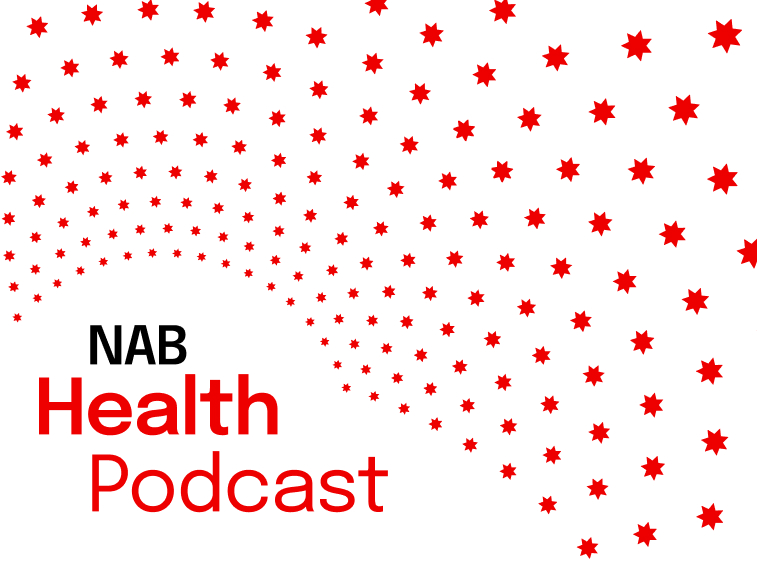23 July 2025
June 29, 2023
Open 365 days a year? The medical chain shifting gears
Henry Bateman built his first Cornerstone Health medical centre to make quality primary care accessible to everyone. Seven years and 13 centres later, the combination of bulk billing, extended hours and a range of on-site services has proved a winner for patients and practitioners alike.
By Health View
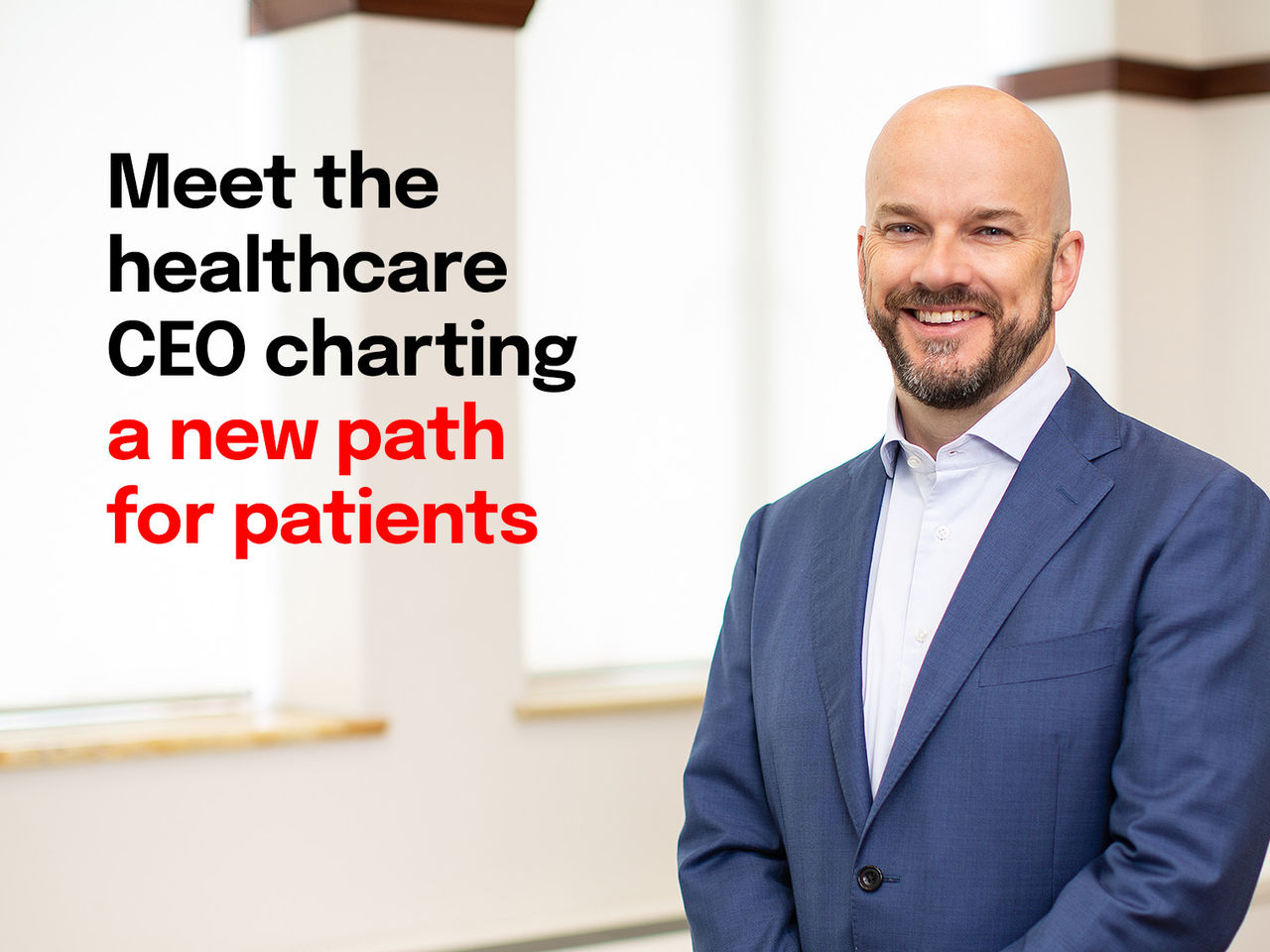
Henry Bateman’s model for Cornerstone Health places GPs at the centre of healthcare delivery, backed by on-site support from healthcare professionals in dentistry, pharmacy, pathology, radiology and allied health.
“Our purpose in developing Cornerstone Health was to increase access to quality primary healthcare,” Henry says. “For us, that means delivering the care our patients need when they need it in a coordinated and affordable way.”
The first Cornerstone Health medical centre opened its doors in 2016; the fourteenth will open in September this year. All are open 365 days a year from 7.00am to 10.00pm (from 8am on weekends) and GP consultations are bulk billed for everyone with a Medicare card.
“For services that can’t be bulk billed, like dentistry, we keep costs as low as we can,” Henry says.
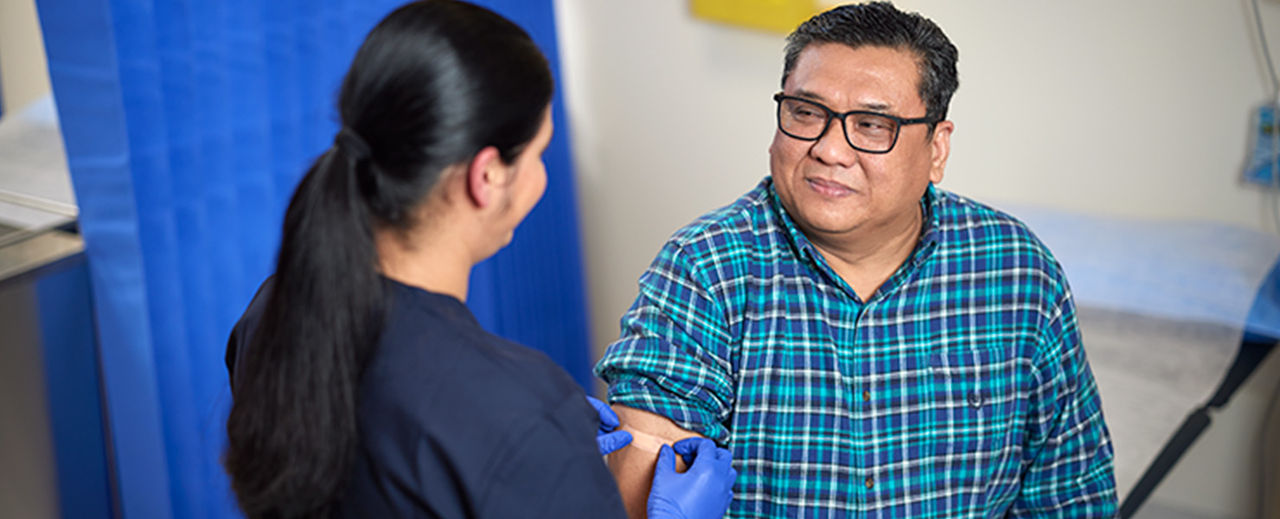
Building on family tradition
Henry grew up living and breathing primary healthcare. His late father, Dr Ed Bateman, founded Primary Health Care Limited, which grew from a single location in Sydney’s Brookvale to be one of Australia’s leading healthcare companies. Since renamed Healius, it was valued at over $2 billion when Ed retired in 2014.
“I worked in the company for many years as general manager of medical centres,” Henry says. “That experience taught me about the things that work well and the things that didn’t work quite as well. For Cornerstone Health, I pulled together the best of what I’d learned with new thinking and new ideas.”
For Henry, accessibility to healthcare encompasses everything from a commitment to bulk billing to the location of the medical centres.
“We focus on providing our services to growth areas with high demand, currently across South-East Queensland and the metropolitan areas of greater Sydney and Melbourne,” he says.
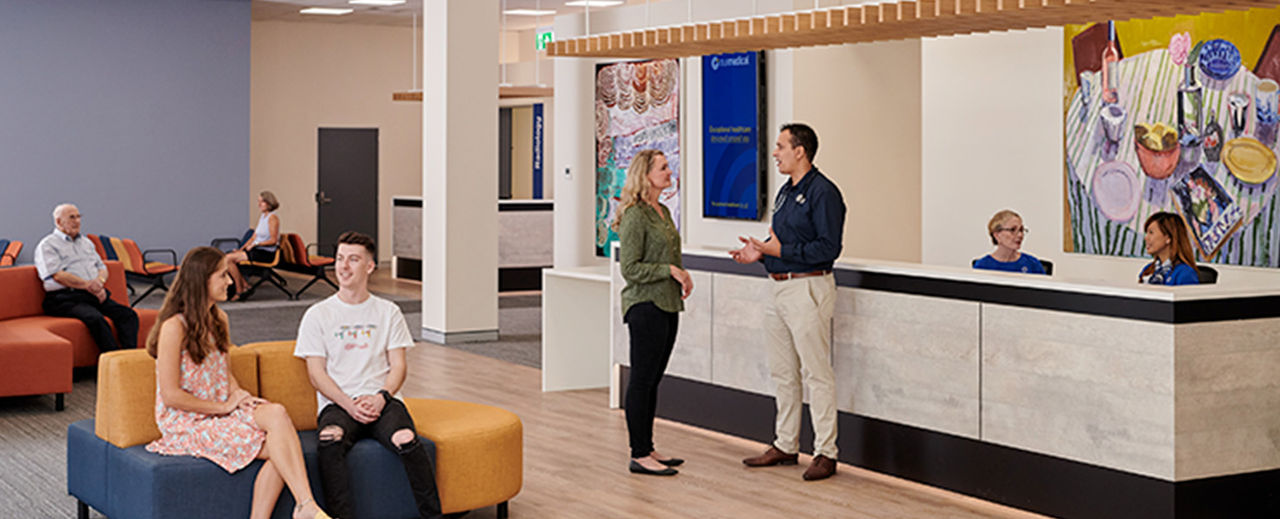
“Our walk-in system means we can provide care when it’s needed, not three or four days down the track. And something that’s often overlooked in primary care models is that they work on the assumption that everyone can make and keep an appointment. If you’re mentally unwell or socially disadvantaged, navigating an appointment system, making the appointment and arriving at the right time could be difficult for you. We provide care to everyone who can get to our centres during our extended hours.”
An attractive offer for GPs
Henry points out that GPs can also struggle to keep appointments – and for good reason.
“Sometimes they need to spend more time with their patients than has been allocated,” he says. “We want our doctors to give their patients as much time as they need. Patients can also request their doctor of choice, and maintaining common patient records enables continuity of care if that GP isn’t available.”
All the medical centres are clinically independent to avoid any conflict with pathology or diagnostics interests. Clinical care is led by GPs within the medical centre, who are all independent contractors. According to Cornerstone Health, they receive generous sign-on bonuses, competitive fee split terms and a consistently higher income than the national average.
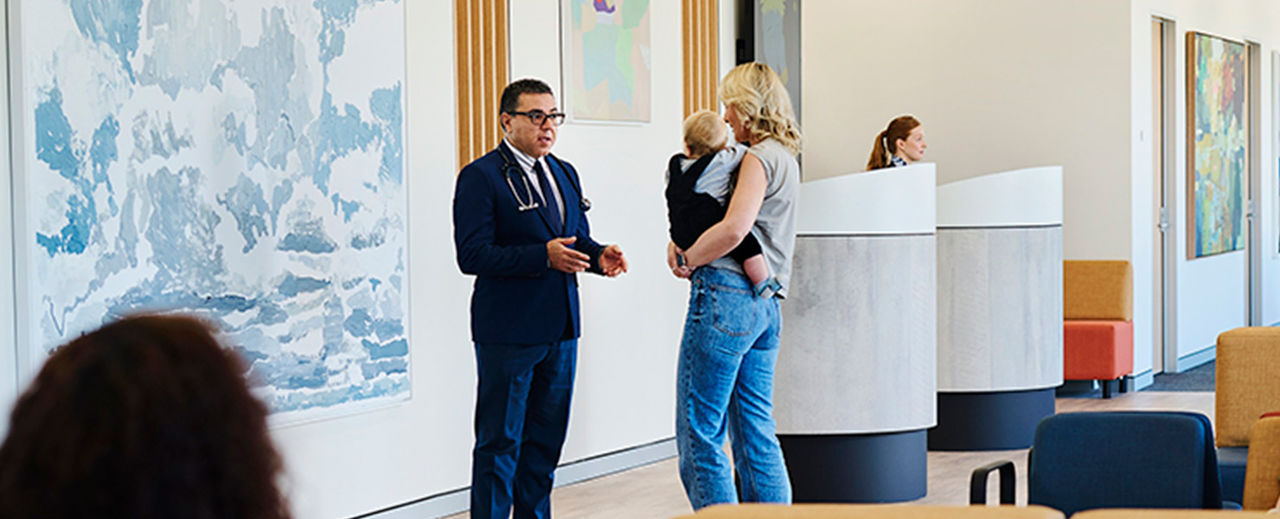
Backing an ambitious vision
When Henry began approaching banks in search of funding the business was still very new.
“NAB stepped forward when everyone else stepped back,” he says. “Fortunately, John McCarthy, who has led our relationship team for a long time, could see what we were trying to achieve. NAB banked us in primary care when primary care wasn’t sexy, and I’ll be forever grateful that they did. It made a big difference to being able to get off the ground successfully.”
McCarthy, NAB’s Head of Corporate Health, says that, despite the business’s early stage, he saw the potential of a model that consolidated primary health care and provided flexibility for patients.
“We could see what Henry wanted to do and with his experience we knew he was the right person to execute the vision. It’s been a success story, and a great partnership, ever since.”
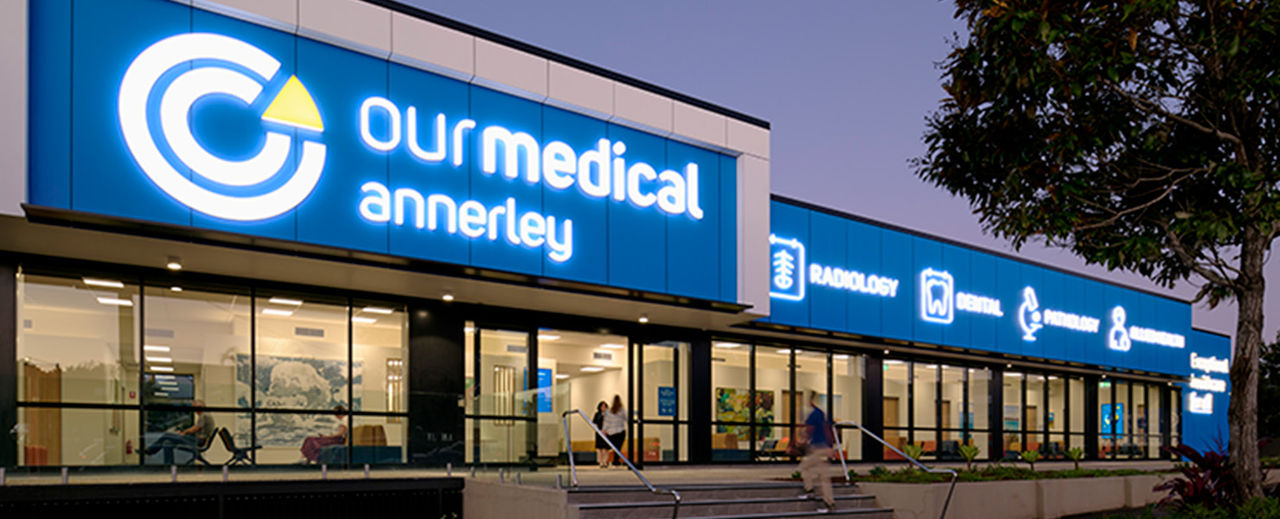
Ready for the next challenge
Henry feels more positive about the future since the most recent Federal Budget allocated significant funding for primary care, and general practice. Now there’s more security in this area, he believes it’s important to confront the workforce challenge.
“There aren’t enough students taking up general practice and we need to think of creative ways to ensure that people are attracted to that type of work,” he says. “That’s a challenge for policymakers and also people like me who are in the industry – though I’m encouraged to see lots of good ideas being put forward.”
As for Cornerstone Health, Henry plans to continue with what he’s been doing for the past 20 years.
“We’ve had a great start and we’re proud of what we’ve achieved – we just need to maintain the energy and enthusiasm to keep going,” he says. “Primary care was the life work of my father, and it’s the same for me.”


